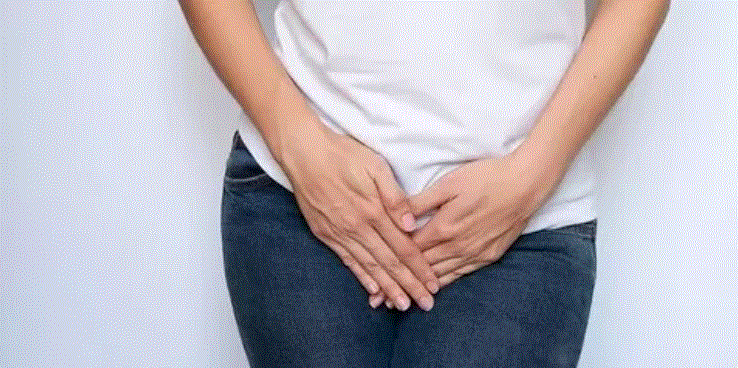
5 Vagina Facts Every Woman Should Know About
Published on January 9, 2022 at 10:00 AM by Flora Mitumba
The vagina is one of the most delicate organs in the body of a woman. It refers to a muscular canal covered with nerves and mucus membranes. It attaches the uterus and cervix to the outside of the body, thereby permitting menstruation, intercourse, and childbirth. Aside from these functions, do you know that there are other facts attached to the vagina? Some of them include;
1. Vaginas get deeper when we’re turned on.
It’s called “vaginal tenting” and it’s normal. The vagina averages around three to four inches in length, say Högemann and Druet, though it can be more or less. “But during arousal, it gets more relaxed and wider.
2. Your vagina isn’t uniform.
The shapeshifting that can happen to your vagina is dynamic. The inner two-thirds of the vagina act differently from the outer third, according to Högemann and Druet: Only the inners lengthen.
3. No two vaginas smell the same.
Every woman smells slightly different thanks to her diet, the fabric she wears, her gland secretions, level of hygiene, and her blend of internal bacteria. Your smell might change slightly and can even get a little funky after a workout or during your period. If it doesn’t go back to normal after you hit the showers, or if you notice a fishy odor, talk to your doctor as that can be a sign of infection.
4. What you eat affects its scent.
But if you’re worried that scrapping the soap might leave you smelling less than fresh down there, you might be interested to find that any unwelcome odors could be down to your diet. When it comes to the scent of your lady parts, there is some anecdotal evidence that we are what we eat.
For example, there is a widespread belief that consuming pineapple can give your vagina a sweeter scent. Other foods believed to alter vaginal odor include garlic, onion, and fish, as well as cheese and chilies.
5. Your vagina may benefit from a workout.
We don’t mean a “workout” in the sexual sense, although research has shown that regular sexual activity can help to keep your vagina healthy.
No, we’re talking about pelvic floor exercises, which are otherwise known as kegel exercises. They are normally done to help manage urinary incontinence, but research has shown that they can also help to improve sexual satisfaction.


